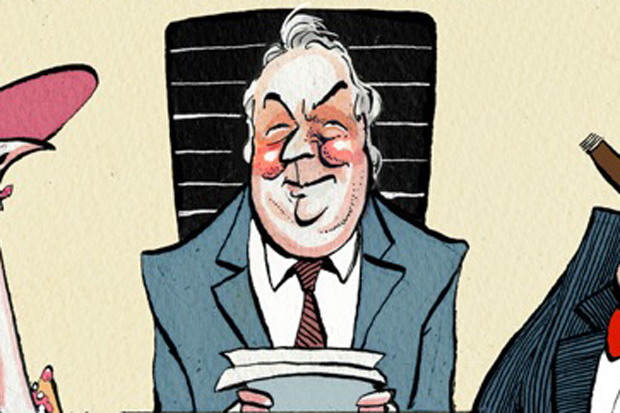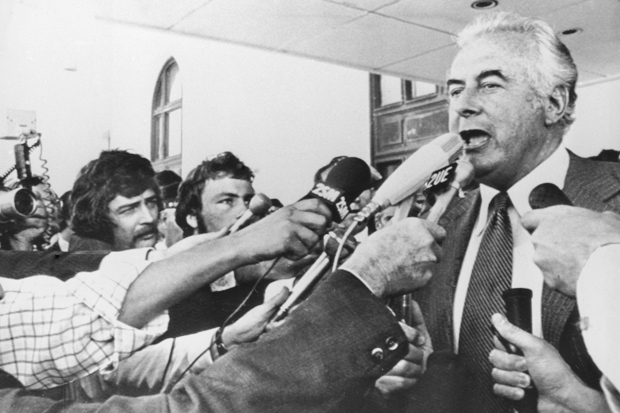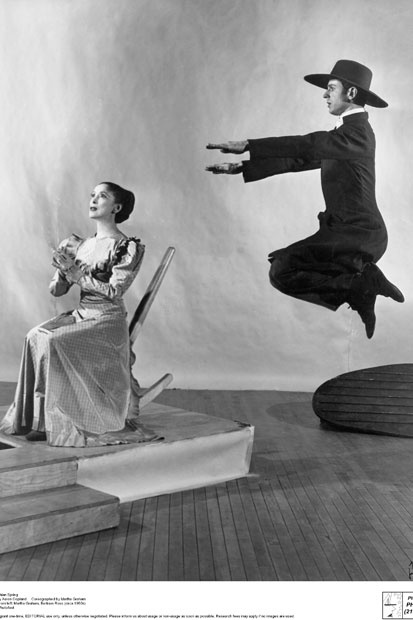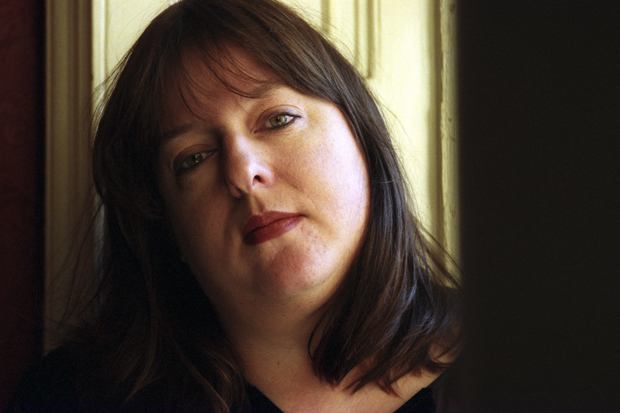Economics is known as ‘the dismal science’, and certainly there have been — and indeed are — economists whose day seems to have been wasted if they have left their readers with a smile on their face. Happily such puckered-brow, down-turned-lips fellows are rarely admitted through the doors of The Spectator.
For more than half a century this magazine has had City correspondents devoted, like Arnold Bennett’s Denry Machin — ‘The Card’ — to the great cause of cheering us all up. In my youth there was Nicholas Davenport. He gave way to Christopher Fildes, and now we have Martin Vander Weyer to lighten the prevailing gloom on Friday morning. None of them has been one of these chuckle-headed optimists whose bland certainties make you want to throw the breakfast egg in their grinning countenance. But none has made us think that the only choice for the nation is between the gas oven and the Hemingway solution.
On the contrary they have been Kipling types, dealing with triumph and disaster just the same, with only this difference: that the sahib’s stiff upper lip keeps breaking into a smile. Like Shakespeare’s Puck they find themselves saying, ‘Lord, what fools these mortals be’, never forgetting that, being mortals, they are not free of the charge themselves.
Martin Vander Weyer, the present incumbent, our guide through the mysteries of high, and often, happily how, very how indeed, finance, has been a sahib himself in his merchant-banking days, advising the Malaysian government on the principles and problems of privatisation, doing his stuff in the boardrooms and bars of Japan, Hong Kong and Singapore, and even venturing into the wild east of post-Soviet Asian republics. It’s all here in this collection of his articles from this magazine and elsewhere, and it couldn’t be better or more joyfully done.
Most of us are utterly ignorant of such matters, unable to tell a derivative from a Japanese equity warrant, and it’s pleasing, if not comforting, to learn that the confident and optimistic traders in such things were ‘all at the mercy of market forces which we could not ultimately hope to understand or control’. As for these Japanese equity warrants, they were, and perhaps are, miraculous certificates, representing rights to new shares, to be issued at fixed prices sometime in the future’. Evidently a glittering promise of unknown profits on unknown trades at an unknown time. How could such things go wrong? But of course they do, usually as our succession of City sages have pointed out, when there is no one left in the office who can remember that last crash. But they also know, and this accounts for their high spirits, that destruction and defeat may be creative forces. Phoenixes rise from the ashes of failed businesses and banks, and the merry-go-round is resumed.
One of Martin Vander Weyer’s strengths as a journalist is that he has been there and seen it happening, but has now withdrawn to Yorkshire where he engages in amateur theatricals and field sports, and sometimes to his house in the Dordogne where he may take part in truffle-hunts. Sanity has been preserved and distance gives him the necessary sense of perspective. The Prime Minister ‘is said to be keen that the ring-fencing of banks’ retail operations is of “a light-touch” variety’ . Well, he reflects, ‘We tried that with my golden retriever Douglas as his hormonal urges began to get the better of him.’ What happened? ‘The scent of the local hairdresser’s spaniel drove him to bust through inadequate harnesses or hedges like the bulldog in the Tom and Jerry cartoons — or a banker with a sniff of a seven-digit bonus.’ Animal spirits, you know. The solution was a sad one. So, if you’re going to ring-fence, do it properly or not at all.
The Spectator has always cherished good writers. Martin Vander Weyer is one of the best. As long as he and others like Jeremy Clarke are writing every week, it may not be, as Bertie Wooster put it, ‘snail on the wing, lark on the thorn, God’s in his Heaven, all’s right with the world’ time, but you have the feeling that it might be a worse place, and that somehow or other, we’ll keep going. This book is just the thing for the dark days after Christmas when you may be suffering from SAD or merely excess, and you gloomily contemplate the prospect of another bloody year to come. It should cheer you up no end. If it doesn’t, you really are in a bad way.
Got something to add? Join the discussion and comment below.
Get 10 issues for just $10
Subscribe to The Spectator Australia today for the next 10 magazine issues, plus full online access, for just $10.
Available from the Spectator Bookshop, £13.99 Tel: 08430 600033
You might disagree with half of it, but you’ll enjoy reading all of it. Try your first month for free, then just $2 a week for the remainder of your first year.














Comments
Don't miss out
Join the conversation with other Spectator Australia readers. Subscribe to leave a comment.
SUBSCRIBEAlready a subscriber? Log in